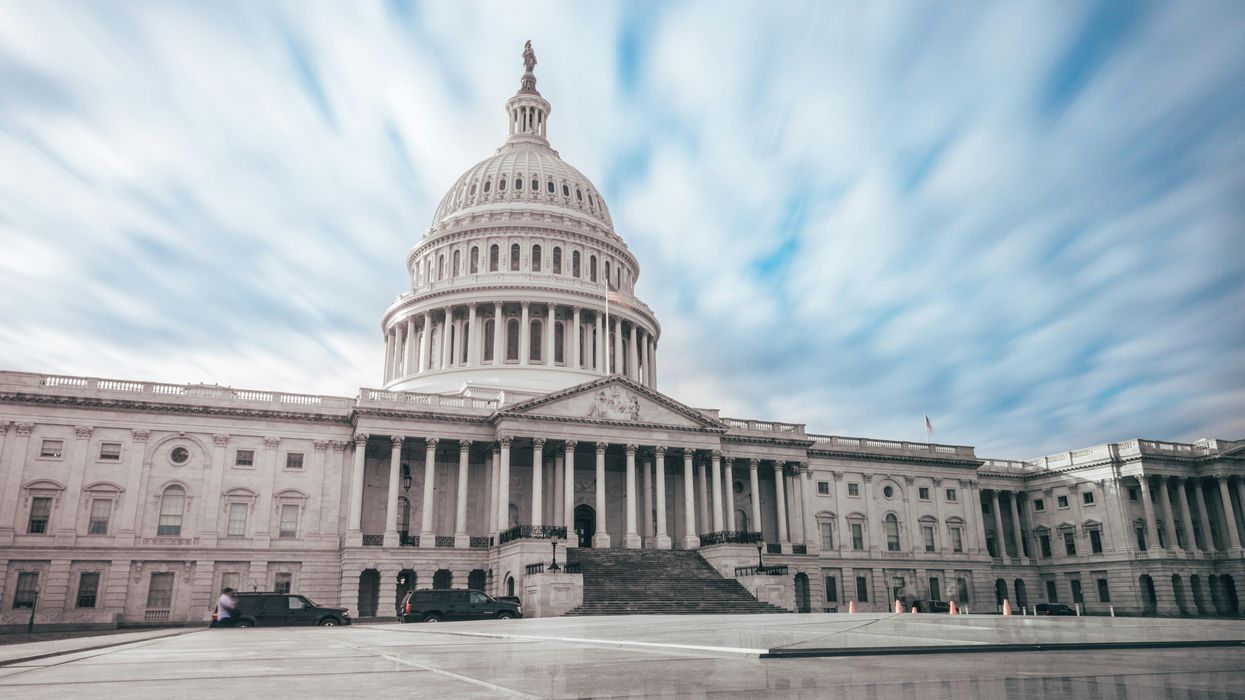WASHINGTON, DC — In response to the impending government shutdown deadline, the Senate swiftly passed a bipartisan plan early Saturday. This plan is designed to fund federal operations and provide disaster aid temporarily.
“Tonight, the Senate delivers more good news for America. There will be no government shutdown right before Christmas,” Senate Majority Leader Chuck Schumer (D-NY) said on the Senate floor ahead of final passage.
The House approved the new bill from House Speaker Mike Johnson (R-LA.) by a significant margin, with a vote of 366-34. The Senate also passed the bill, with a vote of 85-11, just after the midnight deadline.
The streamlined 118-page package will fund the government at existing levels until March 14 and includes an additional $100 billion in disaster aid and $10 billion in agricultural assistance for farmers.
Notably, the bill does not include President-elect Donald Trump's request to raise the debt ceiling, which GOP leaders indicated will be discussed next year as part of their tax and border proposals.
Trump derailed bipartisan congressional budget negotiations by dismissing the original proposal, claiming it favored Democrats and was laden with excessive spending. This reaction followed social media posts from billionaire Elon Musk.
Musk urged his followers to "Stop the steal of your tax dollars!" on his platform X, suggesting potential primary challenges for those who supported the budget deal. Trump later echoed this sentiment in his own social media post.
Rep. Rosa DeLauro (D-CT), the top Democrat on the Appropriations Committee, said it looked like Musk, who is heading up the new Department of Government Efficiency, was calling the shots for Trump and Republicans.
“Who is in charge?” she asked during the debate.
Lawmakers expressed relief after the bill's passage. Still, the narrow escape from a potential shutdown raised concerns among some Republicans about the challenges that may arise next year, particularly with Republicans holding an even slimmer majority in the House and Trump back in office.
President Joe Biden, who maintained a lower public profile during the tumultuous week, anticipated signing the measure into law on Saturday.
Some critics argue that Trump does not share the same apprehension about government shutdowns as lawmakers do, pointing to his role in initiating the longest government shutdown in history during his first term.
A government shutdown occurs when the necessary funding legislation to finance the federal government is not approved before the start of the next fiscal year. During a shutdown, the federal government reduces agency activities and services, halts non-essential operations, furloughs non-essential employees, and retains only essential staff in departments responsible for safeguarding human life or property.
The most significant government shutdowns include:
 File:President Barack Obama.jpg - Wikipediaen.m.wikipedia.org
File:President Barack Obama.jpg - Wikipediaen.m.wikipedia.org
The 16-day shutdown in 2013 during the Barack Obama administration resulted from a disagreement over implementing the Affordable Care Act.
 File:Bill Clinton.jpg - Wikipedia
en.m.wikipedia.org
File:Bill Clinton.jpg - Wikipedia
en.m.wikipedia.org
The 21-day shutdown of 1995–1996, during President Bill Clinton’s administration, over opposition to major spending cuts.
 File:Donald Trump official portrait.jpg - Wikipediaen.m.wikipedia.org
File:Donald Trump official portrait.jpg - Wikipediaen.m.wikipedia.org




















